“To Vassil Levski with love”. That is the title of a small book by the children from the Saints Cyril and Methodius Bulgarian-Austrian school in Vienna, in which they share their thoughts about the Apostle of Freedom, as he is known in Bulgaria.
In this pandemic year, when in-person events and meetings have been few and far between, the students from the Bulgarian school in Vienna decided to put together drawings, essays and interviews in an online book. It is their way of marking the 149th anniversary since the hanging of Vassil Levski.
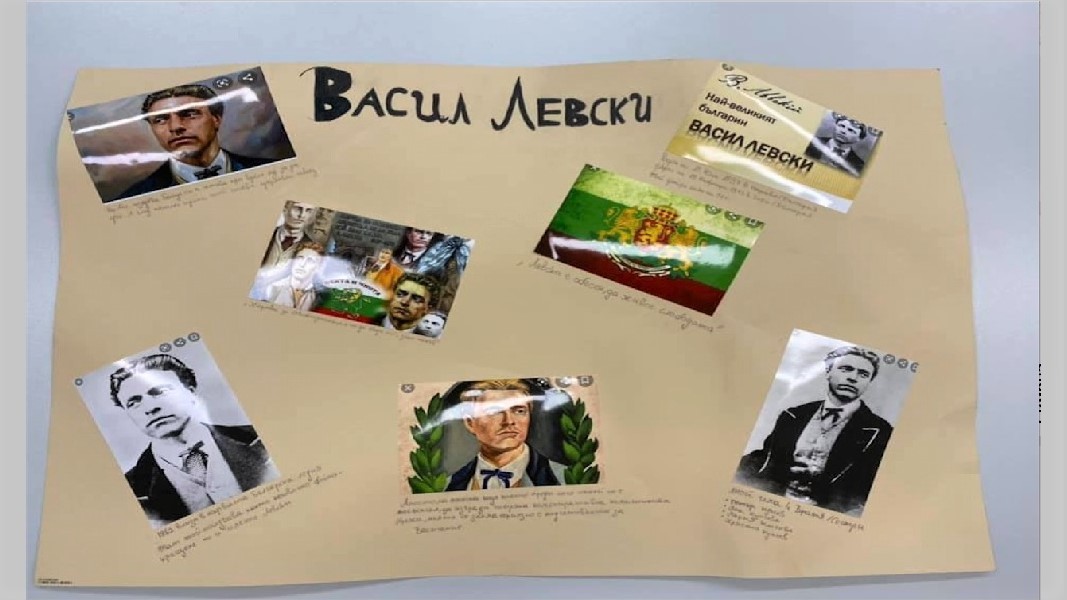
“At a staff meeting we handed out the assignments and it took us two-three weeks to put the material together,” Simona Zaharieva, a teacher at the school says. “The smallest children drew pictures, the older children did interviews and stories, and the oldest of them wrote poems and texts.”
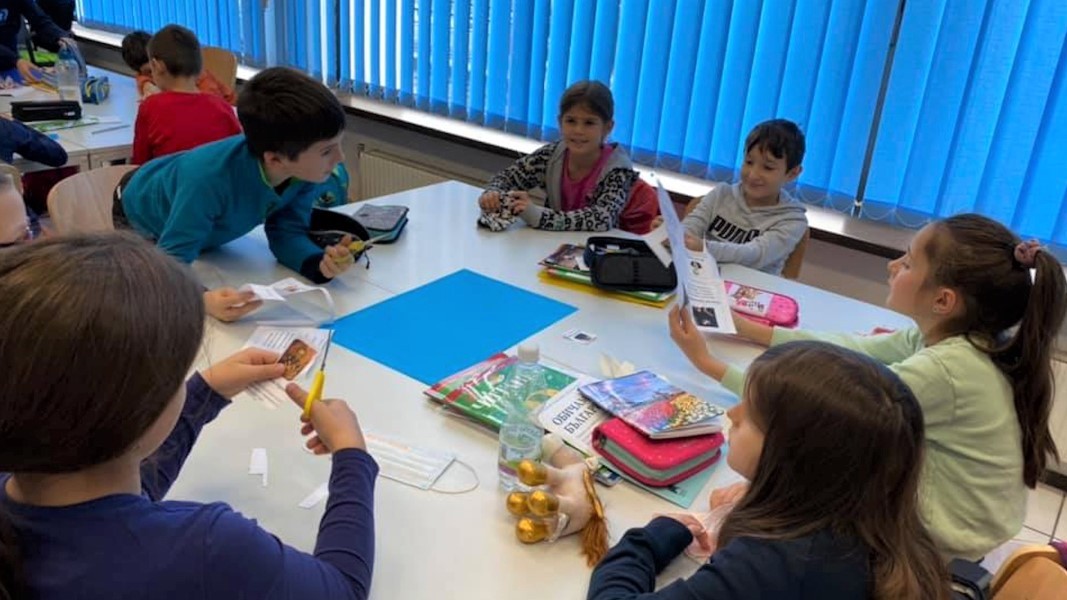
And while they are listening to stories or putting together material the children find out more about Vassil Levski, and try to identify with his character traits, the qualities that make us human – in the past and in our day.
“He has done a lot for his country, he was kind, brave and strong, he helped a lot of people, he fought for Bulgaria to be a free country, and he was the only one who could jump over a big gully” – that is how the children from the Bulgarian school in Vienna describe Vassil Levski. Here is what they say about him:
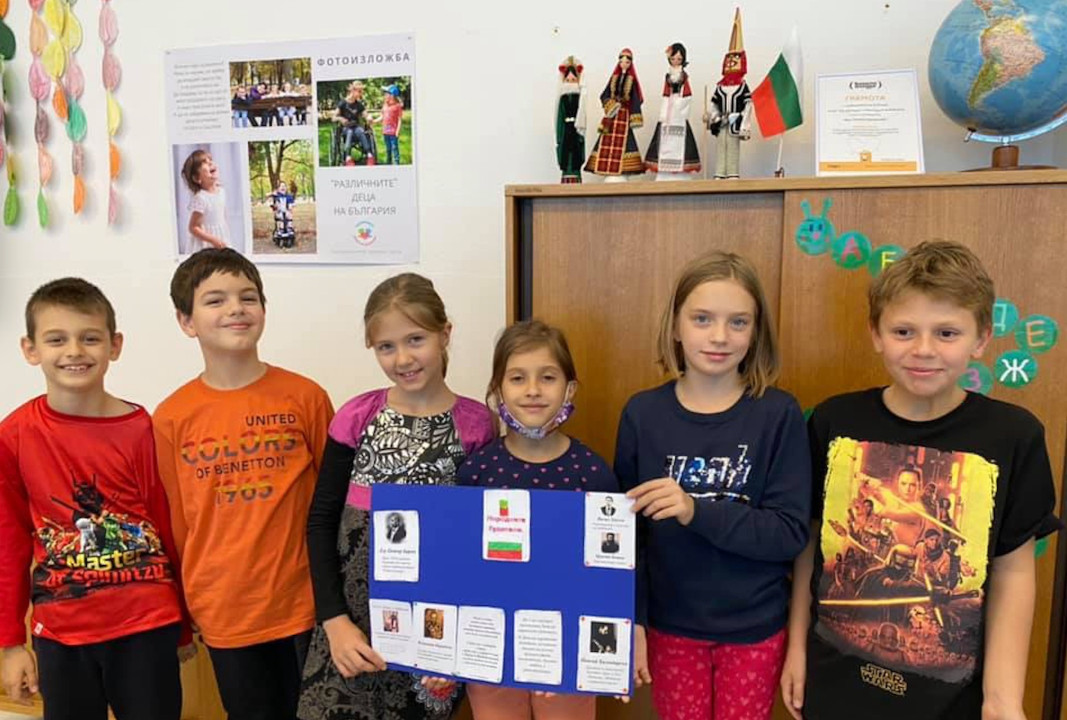
Samul, 10: I would like to make a long jump like he did, and to be brave like him.
Hristo, 12: The modern heroes who resemble Levski are teachers and athletes.
Anna, 10: What made the biggest impression on me while I was copying the portrait were his blue eyes, his blonde hair, his kind expression.
Pressian, 10: I first heard about Levski from my parents who told me he was a great man and a role model because he teaches us to never give up.
Maria Marina, 10: I know there exist modern heroes though I have never met them. I would like to be kind like Levski and to help people.
Simeon, 10: He can serve as an example of honesty and bravery, I too have these qualities.
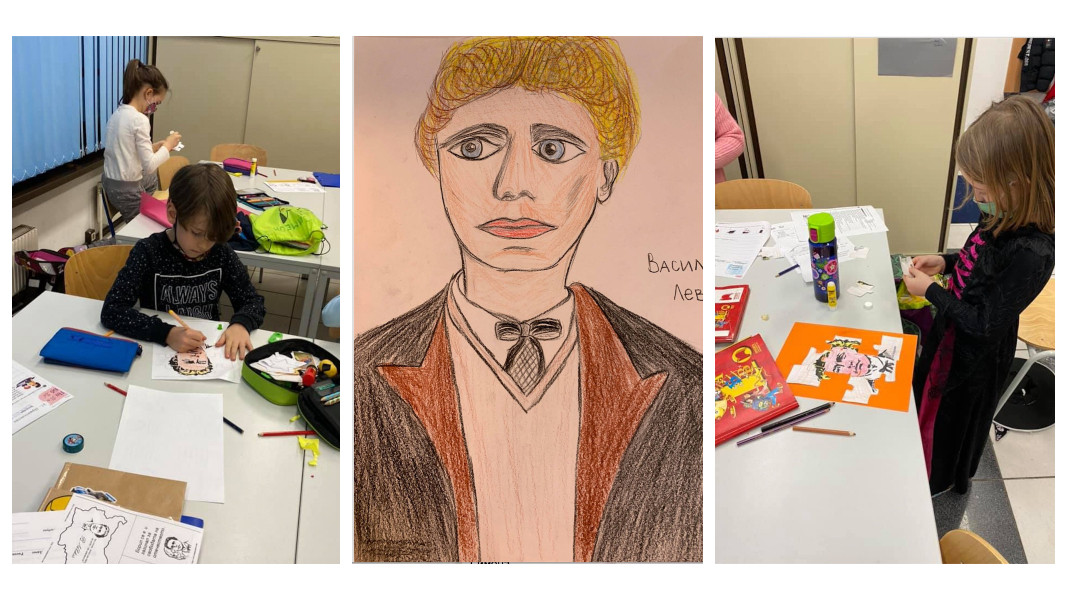
According to Simona Zaharieva Vassil Levski is a national symbol and every person in Bulgaria should know about him, possess something connected with him and fight for freedom. Levski was hanged on 18 February, 1873, and on that date the pupils will have a special lesson, and continue the conversation about the role played by individuals in history, about the importance of Levski and the qualities that set him apart from all other people.
Almost 400 Bulgarian children – from kindergarten up to the 12th grade – study the Bulgarian language, history and traditions at the Bulgarian school in Vienna. Some of these children are actually the children of the first students at the school, Simona Zaharieva proudly says.
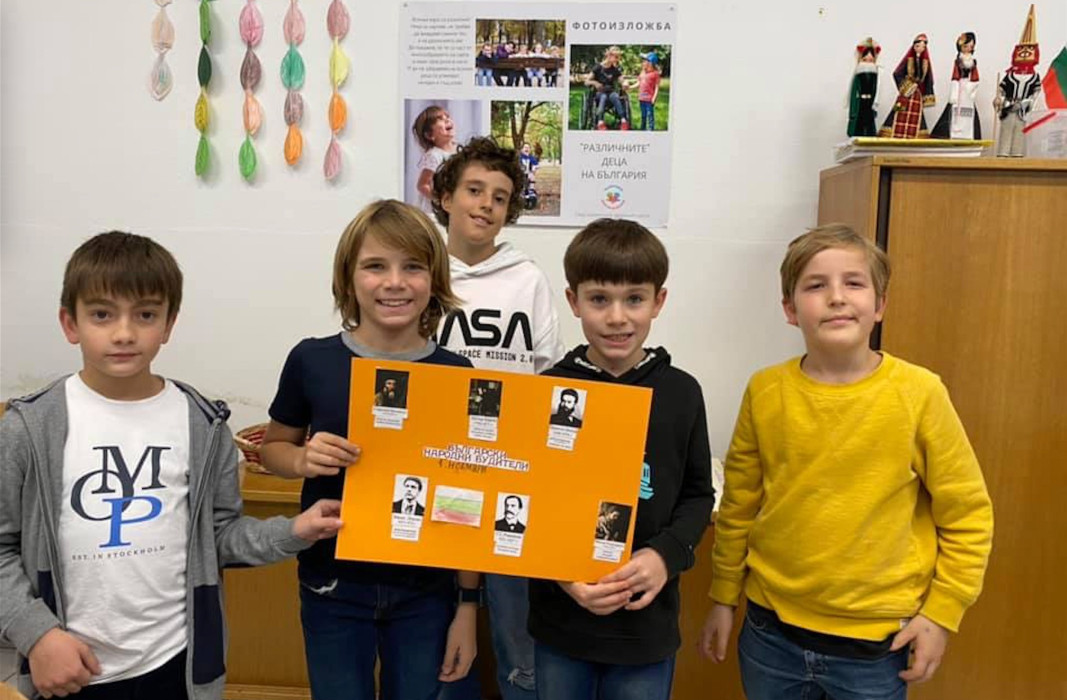
“We are constantly working on different things,” she says further. “The school has an anniversary, so we are organizing an international competition “The Bulgarian school – 30 years”. We are going to have a ceremony, as well as a conference. We very much hope we shall be able to hold the events we are planning, because in these pandemic times long-term planning is a difficult thing.”
Photos: courtesy of Simona Zaharieva
The Bulgarian Association of Crete has been working for nine years as a bridge between Bulgaria and the Bulgarian population on the southernmost Greek territory, sometimes replacing the most important partner - the state. One of the aims of the..
For the 16th time on January 1, the Tsarevets Fortress in Veliko Tarnovo welcomed the first tourist. This is the only architectural and museum complex in the country that operates year-round and is the most visited open-air museum in..
Bulgarians across the country are welcoming the New Year with various initiatives. More than 20 members of the club of karate and yoga coach Emil Zlatev in Varna traditionally swam in the sea on January 1. They say that they never..
On 25 January 1935, Tsar Boris III signed the decree establishing the Bulgarian National Radio. The document, which officially marked the beginning of..
The Federation of European Carnival Cities has declared Pernik a global center of masquerade traditions. 16 years ago, Prenik was named the European..

+359 2 9336 661
